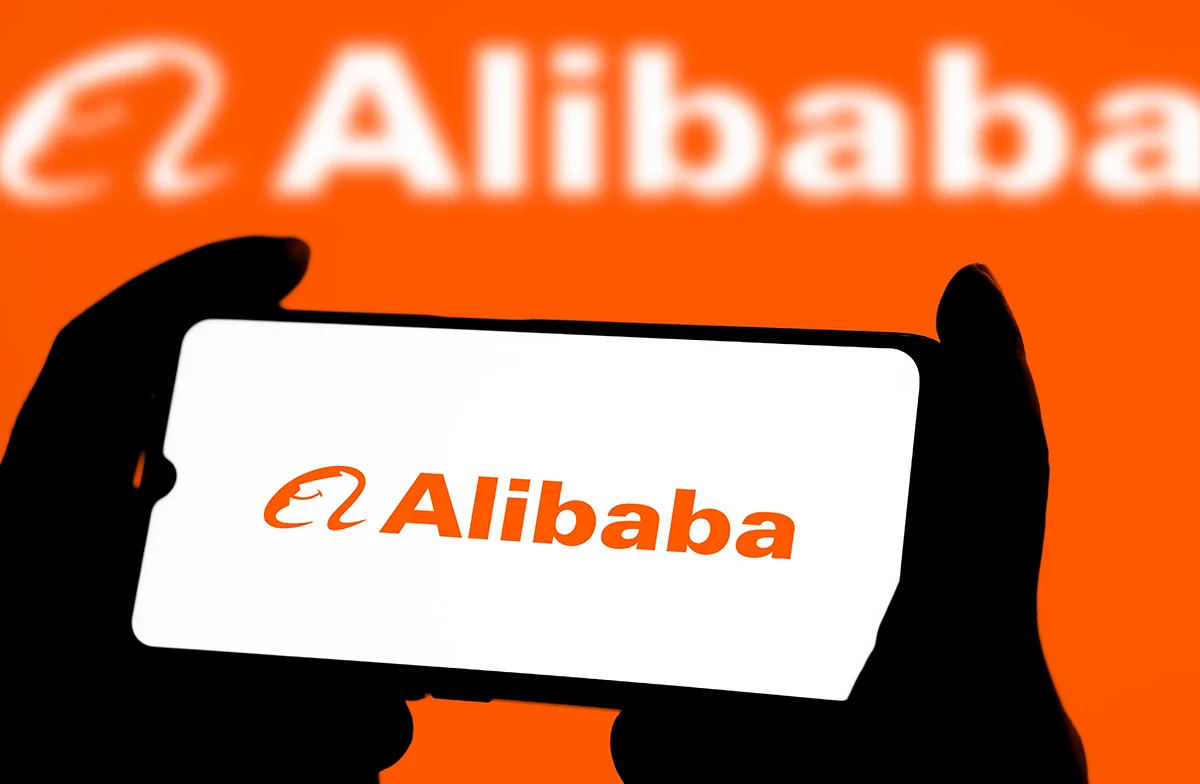TLDR
- Alibaba launches Quark AI Glasses at $660 (3,999 yuan after discounts) with pre-sales starting October 24 and shipping from December
- The glasses compete with Meta’s Ray-Ban smart glasses and Xiaomi’s AI glasses, featuring hands-free calling, music streaming, and real-time translation
- Alibaba unveiled AI Chat Assistant, a new chatbot mode powered by Qwen3 models within its existing Quark app
- Stock rose 72.1% over the past year and 95.2% year-to-date, though five-year returns remain down 43.3%
- Valuation analysis shows mixed signals: DCF model suggests stock is 12% overvalued at $165.86, while P/E ratio of 17.8x indicates undervaluation compared to Fair Ratio of 29.0x
Alibaba announced pricing for its first smart glasses product on Thursday. The Quark AI Glasses will cost 4,699 Chinese yuan, or about $660.
After discounts, the final price drops to 3,999 yuan. Pre-sales begin October 24 on Tmall, with shipping starting in December.
The glasses represent Alibaba’s entry into the wearable AI market. They compete directly with Meta’s Ray-Ban collaboration and Xiaomi’s recently released AI glasses.
Alibaba Group Holding Limited, BABA
Powered by Alibaba’s Qwen large language model, the glasses offer several features. Users can make hands-free calls, stream music, and access real-time language translation.
The product launch comes alongside another AI announcement. Alibaba introduced AI Chat Assistant, a new chatbot mode within its Quark app.
The chatbot runs on Alibaba’s latest Qwen3 models. It combines AI search and conversation in one interface, allowing users to switch between text and voice interactions.
Features include photo editing, photo-based problem solving, and AI writing tools. The product competes with OpenAI’s ChatGPT and DeepSeek in the crowded chatbot space.
Consumer AI Push Gains Momentum
These launches highlight Alibaba’s shift toward consumer-facing AI products. The company has been updating its models and reinvigorating its cloud computing business throughout the year.
The cloud division serves as the main channel for selling AI technology to businesses. But consumer products like the glasses and chatbot show a new strategic direction.
Alibaba shares rose nearly 1.7% in Hong Kong following the announcements. U.S.-listed stock also gained in premarket trading.
The stock has experienced quite a turnaround recently. Over the past year, shares jumped 72.1%, while year-to-date returns reached 95.2%.
However, the five-year return tells a different story. Shares remain down 43.3% over that longer period.
The recent rally reflects improving regulatory conditions in China. Renewed confidence in e-commerce and cloud computing has also played a role.
Valuation Picture Shows Mixed Signals
Current valuation analysis presents conflicting views on Alibaba’s stock price. A discounted cash flow model calculates intrinsic value at $148.14 per share.
With the stock trading at $165.86, this suggests shares trade about 12% above fair value. Based on this model, the stock appears overpriced.
The P/E ratio tells a different story. Alibaba trades at 17.8x earnings, below the industry average of 21.6x and peer average of 43.9x.
A Fair Ratio of 29.0x, which accounts for growth outlook and risk factors, suggests the stock is undervalued on this metric. The company receives a valuation score of 3 out of 6.
Analyst projections show free cash flow at CN¥83.1 billion currently. Forecasts suggest this could grow to CN¥128.98 billion by 2028.
Bull case scenarios, driven by AI and cloud investments, see fair value around $193 per share. Bear case views, citing trade tensions and regulatory risks, peg value near $107.
The Quark AI Glasses began development earlier this year. Alibaba first announced the product in July as part of its broader AI strategy.





